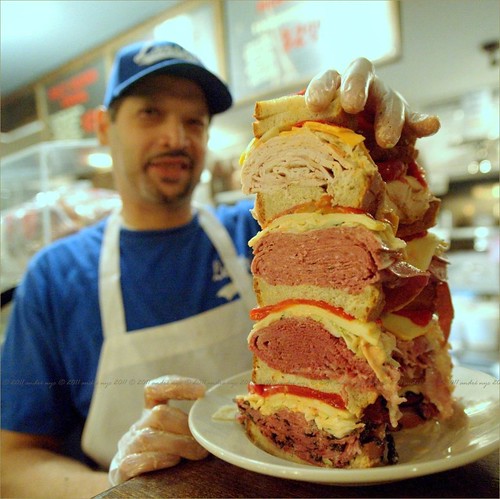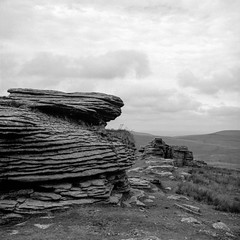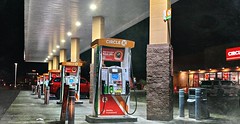If Some is Good, More is Better
NYCandre
People have been eating meat on bread ever since the invention of bread during the Neolithic era, the end of the Stone Age, some twelve thousand years ago. Hillel the Elder, who died somewhere around the year 10 (that’s right, ten in the Christian calender) was said to have put meat from the Paschal lamb between two pieces of matzah during Passover.
Happily for Hillel, he’s better known for helping develop the Mishnah and the Talmud. John Montagu, however, was no Hillel the Elder. Oh, he was an accomplished 18th century man, no mistake. At various points in his life he was Postmaster General of Great Britain, he was First Lord of the Admiralty, and a Secretary of State. Montagu was even the subject of a novel, a roman à clef based on the murder of Montagu’s mistress—an opera singer, of course—in 1779, struck down by a jealous suitor who also happened to be the Rector of Wiveton.
So you’d think any fame attained by our Mr. Montagu would derive from either his many worldly accomplishments or his scandal. But no. John Montagu, had another weakness—one equally as seductive as opera singers. He was a gambler, and he brought to his gambling the same enthusiasm and dedication he brought to all his other activities (did I mention his opera singer bore him at least five children?). He was so reluctant to leave the gaming tables that he frequently had servants bring him sliced meat placed between two slices of bread. His fellow gamblers, unwilling to be seen as less dedicated to the game than John Montagu, the 4th Earl of Sandwich, would tell the servants “I’ll have the same as Sandwich.”
I think you’ll agree we’re lucky Hillel the Elder had better things to do than play at cards.
Blog photograph copyrighted to the photographer and used with permission by utata.org. All photographs used on utata.org are stored on flickr.com and are obtained via the flickr API. Text is copyrighted to the author, greg fallis and is used with permission by utata.org. Please see Show and Share Your Work








